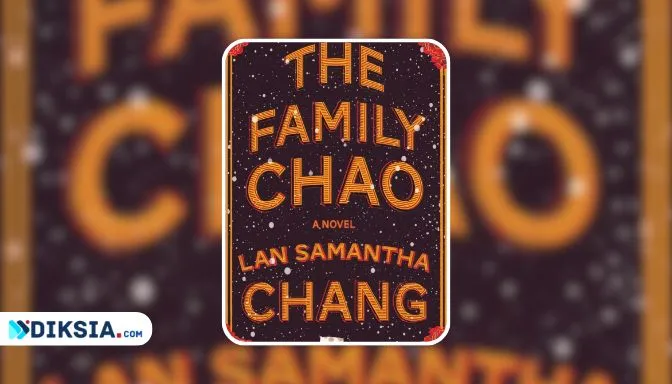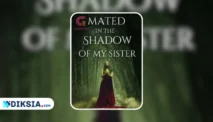Diksia.com - The Family Chao is a 2022 novel by the American novelist Lan Samantha Chang, published by W. W. Norton. It won the 2023 Anisfield-Wolf Book Award for Fiction and was named on Barack Obama’s 2022 Summer Reading List. The novel is a modern reimagining of the classic novel The Brothers Karamazov by Fyodor Dostoevsky, set in a Chinese American family of chefs in the fictional town of Haven, Wisconsin.
Plot Summary
The novel focuses on the Chao family, who own and run the Fine Chao Restaurant, a popular and successful establishment that serves Americanized Chinese food. The family consists of Leo Chao, the patriarch and founder of the restaurant, his wife Winnie, and their three sons: Dagou, Ming, and James.
Leo is a charismatic but tyrannical figure, who dominates and exploits his family and employees. Winnie is a loyal but unhappy wife, who suffers from Leo’s infidelity and abuse. Dagou is the eldest son and the head chef of the restaurant, who inherits his father’s temper and ambition.
Ming is the middle son and the most successful of the siblings, who works as a lawyer in New York but struggles with his identity and sexuality. James is the youngest son and the most gentle of the brothers, who studies literature at the University of Wisconsin but feels lost and aimless.
The novel is divided into two sections. The first, titled “They See Themselves,” builds up to the demise of Leo Chao, who is found dead in his office, presumably murdered.
The second, titled “The World Sees Them,” tracks the trial of one of the three sons for the murder, as well as the aftermath of the family tragedy. The novel explores the themes of family, identity, race, class, justice, and redemption, as well as the role of food and culture in shaping one’s life.
Writing and Development
The Family Chao is Chang’s third novel and fourth book of fiction. It follows the novels All Is Forgotten, Nothing is Lost (2010) and Inheritance (2004), and the short story collection Hunger (1998).
Chang, who is the first female and first Asian American director of the Iowa Writers’ Workshop, has said that her first three books “fit the acceptable stereotype of the quietly suffering Chinese American family,” even though she “actually grew up in a noisy Chinese American family.”






